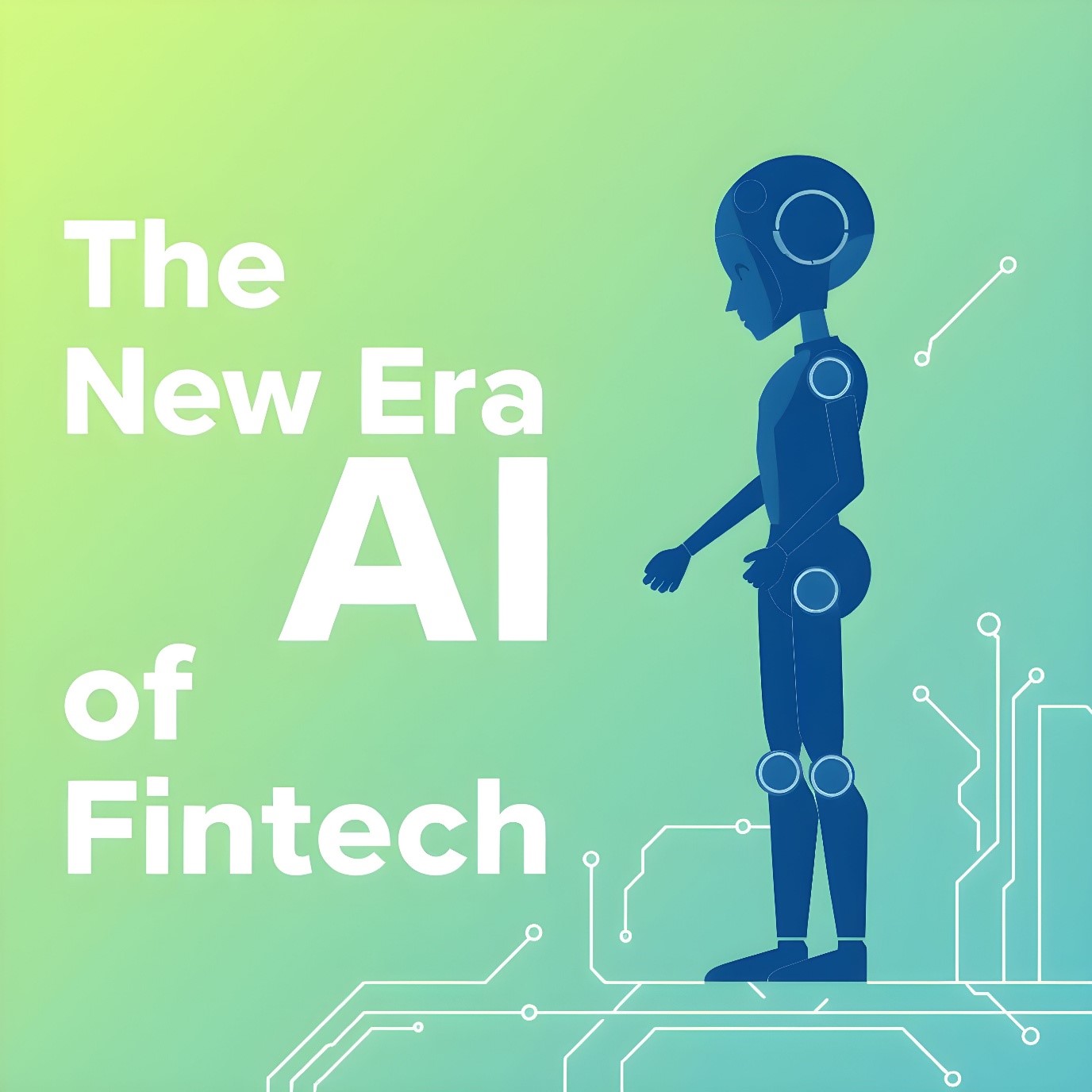Fintech Is Becoming an AI-Native Industry
The first wave of fintech brought digital convenience. The next wave is delivering intelligence. AI now powers customer support, risk models, underwriting decisions, transaction monitoring, and predictive insights. In short, fintech is evolving from rule-based systems to learning-based systems.
This shift introduces new possibilities, but also new responsibilities. Machine learning can reveal patterns that humans might miss, but it can also reflect biases we fail to address. Automated systems can scale faster, but they can also make mistakes faster if left unchecked.
In this AI-native era, fintech companies must rethink how they design and govern their systems. The ability to align machine intelligence with human values is now a core capability. It is not enough to build smart tools. We must also build wise ones.
Why the UK Is Leading the Way
The UK continues to stand out as a global leader in responsible fintech innovation. Its regulatory clarity, active startup ecosystem, and investments in open banking have created fertile ground for AI development with trust and transparency at the core.
Regulatory initiatives like the FCA’s sandbox approach allow companies to test AI-driven solutions in controlled environments. Public-private partnerships have encouraged ethical AI research. Talent from both academia and industry is feeding innovation with a strong foundation of accountability.
In this environment, fintech leaders in the UK are uniquely positioned to define global standards for AI transparency, explainability, and fairness. It is not just about growth. It is about shaping a financial future that serves people and protects them at the same time.
From Compliance to Confidence
One of the most immediate benefits of AI in fintech is operational efficiency. Tasks that once required large compliance teams or hours of manual review can now be automated with greater accuracy.
But there is a deeper value at stake. When designed correctly, AI can help institutions become not just compliant, but confident. Systems that understand anomalies, learn from risk signals, and flag exceptions in real time can strengthen trust and reduce fear of failure.
In cross-border payments, for example, AI can help detect fraud patterns across jurisdictions without delaying transactions. In credit scoring, it can adapt models to changing behaviors, enabling more inclusive access to financial services.
These are not just technical wins. They are competitive advantages rooted in responsibility.
The Role of Leadership in Human-Centered AI
For AI to truly enhance fintech, leadership must go beyond innovation. It must create a culture that values context, clarity, and caution where needed.
In my experience leading fintech programs and working within complex financial ecosystems, I have found that successful AI projects start with alignment. They bring together technologists, domain experts, legal teams, and ethical advisors early in the process. They prioritize questions like: What decision is being automated? Who does it affect? Can the reasoning behind it be explained?
Leadership in this space is not about having all the answers. It is about asking the right questions before systems are deployed at scale.
Looking Ahead
AI is not a futuristic technology. It is already embedded in how we bank, borrow, pay, and invest. The real question now is: How will we choose to use it?
The fintech companies that thrive in the coming years will be those that treat AI not just as a tool, but as a responsibility. They will focus on outcomes, not just algorithms. They will make transparency part of the product, not just the process.
The UK has a chance to show the world what leadership in AI-powered finance looks like. And those of us building within this ecosystem have a responsibility to keep the human experience at the center of everything we create.
This is not a time to chase hype. It is a time to lead with integrity, build with purpose, and use technology to serve the greater good.




Meera Joshi
Spot on about the UK’s edge. The FCA sandbox + open banking has truly set the standard for explainable, trustworthy AI.
Reply
Your email address will not be published. Required fields are marked *
Aisha Khan
“Tools must be wise, not just smart” really hit home. Bias detection and model governance need that mindset.
Reply
Your email address will not be published. Required fields are marked *
Oliver Bennett
Loved the “from compliance to confidence” framing—exactly how AI should mature in fintech, especially for cross-border payments.
Reply
Your email address will not be published. Required fields are marked *
Arjun Verma
Human-centered AI = trust + growth. This captures why UK fintech is well-positioned to lead globally.
Reply
Your email address will not be published. Required fields are marked *
Riya Mehta
Such a powerful read! Human-centered AI is truly the future of fintech.
Reply
Your email address will not be published. Required fields are marked *
Sneha Kapoor
Insightful and balanced — tech with empathy is what the industry needs.
Reply
Your email address will not be published. Required fields are marked *
Rajesh Sharma
Excellent article! The UK’s approach to ethical AI is worth learning from.
Reply
Your email address will not be published. Required fields are marked *